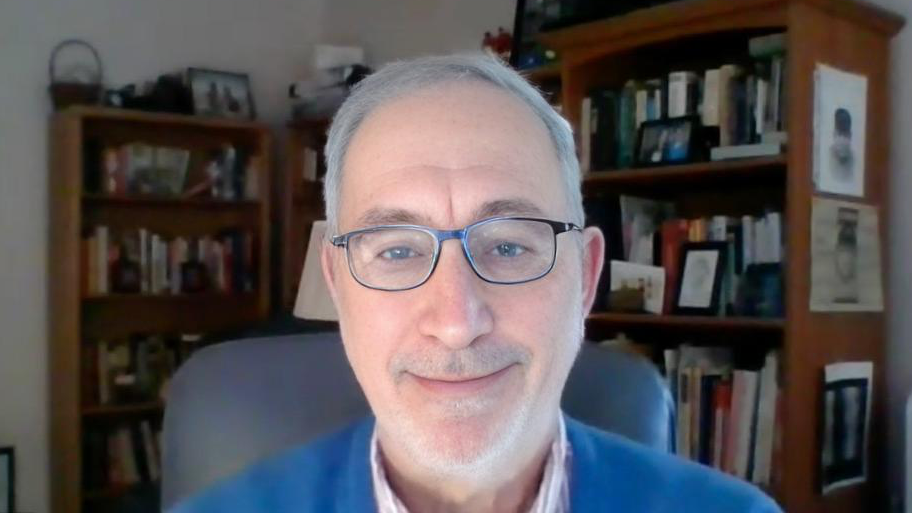On the basis of his long experience in the sector, the advisor, observer, and commentator talks to Michael E. Hartmann about those against DAF reform, some of the different kinds of nonprofit board members, different types of grantmaking strategies and tactics, and the underappreciated value of staffs at nonprofits.
Alan Cantor has decades’ worth of experience at nonprofit organizations—as an executive, fundraiser, and board member, among other things—and being a consultant to them. As principal of Alan Cantor Consulting in Concord, N.H., he also offers regular observations about nonprofitdom through his writing and speaking engagements.
Cantor himself is enthusiastically good-natured, even as he delivers often-incisive commentary. His articles and blog posts generally reflect that same cheeriness and trenchancy.
He was kind enough to join me for a recorded conversation earlier this month to talk about nonprofitdom and just some of his recently published ideas about it. In the first part, which is here, we discuss his career, how the nature of charitable giving has changed since he began it, and how those changes affect nonprofits’ fundraising challenges, including because of donor-advised funds (DAFs).
The just more than 15-minute video below is the second part—during which he talks about those against DAF reform, some of the different kinds of nonprofit board members, different types of grantmaking strategies and tactics, and the underappreciated value of staffs at nonprofits.
Recalling a recent post of his, “The Who-bodies Blocking Donor-Advised Fund Reform,” Cantor says the estimated $11 million spent on lobbying against the most-recent legislative reform proposal, “probably in the world of lobbying, is a pebble in the Grand Canyon. It’s not a lot of money, but it’s probably $11 million more than was spent on lobbying on the other side. There’s really no counter-effort.”
Another post about which we speak is “Board Member Casting Call”—which, with humor, compiles a list of 12 categories of nonprofit board members. They include, for example, “The Biz-Splainer,” “The Big Thinker,” “The Owner,” and “The Financial Wheeler-Dealer.” He does point out that there is, as No. 12, also “The Generous, Observant, Likeable, Dedicated, Engaged, Not-for-oneself (GOLDEN) board member.”
The Biz-Splainer, Cantor tells me, “condescends to explaining to these nonprofit people how he does it in, whatever, the soft-drink distribution business or something that has no relevance, and they kind of say, ‘Well, you know, it’s good to you know when you bring in more than you spend’ or some obvious point.”
The Big Thinker, as Cantor describes it, says “What we’re doing here really, it’s a model”—”and everybody’s nodding along, Cantor notes. The Thinker says something like “We should go national …. Go big or go home”—“not really relevant, not helpful if you’re just trying to hold things together as a staff member,” Cantor says.
“It’s a weird thing,” Cantor continues. “Nonprofit boards hire the CEO, but in most cases, almost all the cases, the expertise lies with the staff.”
Cantor’s “The ‘Charity’ of Elon Musk” is consistent with that critique. “I tend to think that some foundations are overstaffed” and “pay their staff too much, and there are too many of them. But you need some staff for a $7 billion foundation,” Cantor says to me. “This is not like running a convenience store or something. Even the convenience store, you need staff, and he has no staff.”
In the nonprofit sector overall, “salaries for staff are not like painful overhead,” he concludes.
People who work for nonprofits should not be paid near-poverty wages … to do the good work. I would love the public-policy discussion to focus more on helping the nonprofits be effective and a little less on helping people of great wealth get big deductions and have freedom to do whatever they want.


